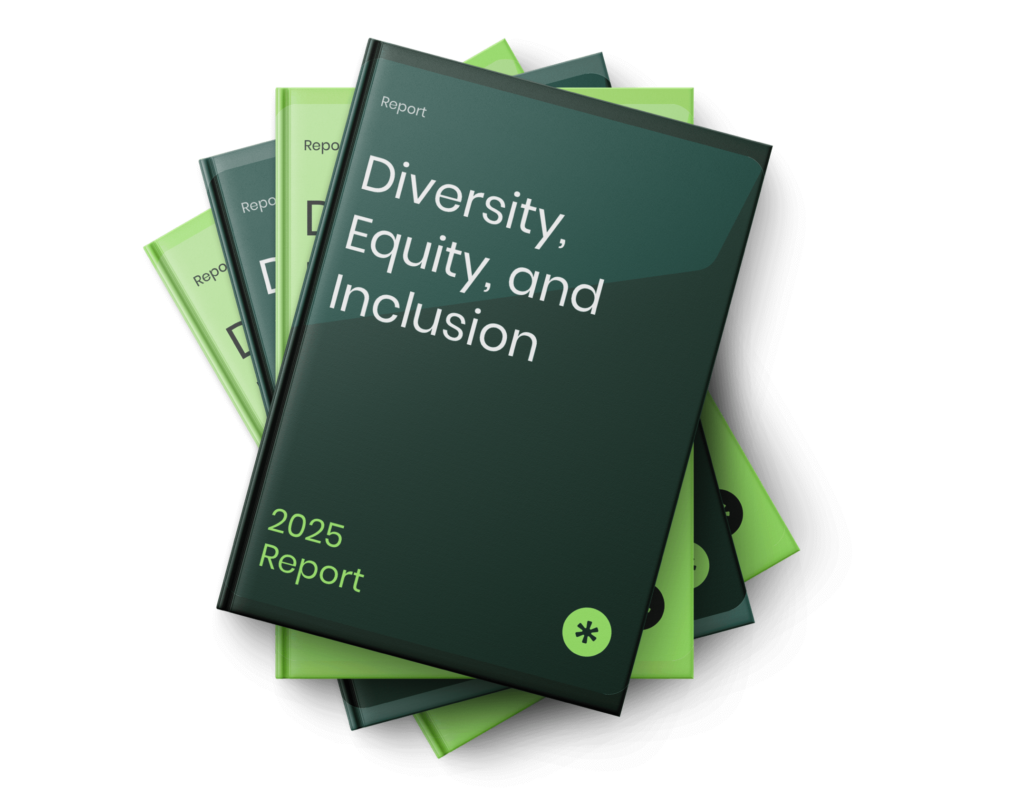Expanding your AI or software start-up onto the global stage presents an enticing array of opportunities. It allows you to tap into vibrant new markets, engage with diverse audiences, and unlock significant avenues for growth. Moreover, the journey of building a globally recognized brand can be incredibly fulfilling. However, as exhilarating as this prospect might be, it is essential to acknowledge that international expansion entails far more than merely having a robust business model or innovative technology. A critical component that often goes overlooked is the importance of mastering regulatory compliance, particularly in relation to India’s Foreign Exchange Management Act (FEMA).

Over the years, as a Chartered Accountant with a specialization in cross-border regulations, I have witnessed numerous promising start-ups falter not due to the inferiority of their products or the ineffectiveness of their strategies, but rather because of unexpected compliance challenges. FEMA was instituted with the aim of streamlining foreign exchange activities within India, and its regulations have a direct bearing on start-ups that receive foreign funding or seek to form international partnerships.
From my experience, certain aspects of FEMA compliance emerge as particularly critical. Start-ups must meticulously classify their financial transactions to ensure they align with the stipulated guidelines. Additionally, timely and accurate reporting to the Reserve Bank of India (RBI) is paramount. Founders often underestimate the complexity associated with repatriating profits, leading to unforeseen legal entanglements. Common pitfalls that I have observed include a lack of awareness surrounding compliance deadlines, inadequate record-keeping practices, and insufficient tracking of ongoing regulatory changes, all of which can significantly hinder growth and financial sustainability.
Another crucial aspect of navigating FEMA regulations involves understanding the specific categories of foreign investments and how they impact your start-up’s financial structure. Whether it’s Foreign Direct Investment (FDI) or External Commercial Borrowings (ECB), different rules apply, and failing to comply with these can lead to heavy penalties or operational disruptions. This is where engaging with professionals who possess in-depth knowledge of FEMA can be invaluable. By partnering with experts, start-up founders can preemptively address compliance issues and create a strong foundation for their international endeavors.
Moreover, it’s vital for creators to cultivate an internal culture of compliance within their organizations. This means integrating compliance considerations into the decision-making process from the outset rather than treating them as an afterthought. Regular training sessions for the finance and operational teams on compliance requirements can foster a proactive approach to regulatory adherence. As the start-up grows, scaling this culture becomes even more important to align all team members with the compliance objectives.
In conclusion, while the excitement of global expansion can be a driving force for innovation and growth, it is the diligent attention to compliance that will ultimately safeguard a start-up’s long-term success. By understanding and implementing FEMA regulations effectively, start-ups are not only protecting their interests but also positioning themselves as responsible global players in today’s interconnected economy. Embracing compliance as a strategic aspect of business can empower founders to focus on what they do best: developing exceptional products and fostering meaningful connections across borders.
“By understanding and implementing FEMA regulations effectively, start-ups are not only protecting their interests but also positioning themselves as responsible global players in today’s interconnected economy”
Lekshmi N, CA
FAQs:
- What is FEMA compliance for start-ups? FEMA compliance involves adhering to regulations set by India’s Foreign Exchange Management Act, governing all foreign transactions, investments, and repatriation of funds by start-ups.
- Why is FEMA crucial for tech start-ups? FEMA ensures that tech start-ups correctly handle foreign investments, transactions, and profit repatriation, avoiding legal complications and penalties.
- How does FEMA affect foreign funding? FEMA outlines the procedures for accepting and reporting foreign investments, ensuring transparency and regulatory compliance in all cross-border financial activities.
- What are the common FEMA mistakes start-ups make? Common mistakes include incorrect classification of transactions, delayed reporting, poor documentation, and lack of awareness of regulatory changes.
- How do cross-border collaborations affect FEMA compliance? Cross-border collaborations require strict adherence to FEMA regulations regarding investment reporting, partnership agreements, and transaction documentation.
- Are there penalties for FEMA violations? Yes, FEMA violations can result in severe penalties, including hefty fines, legal actions, and potential restrictions on business operations.
- What documentation is needed under FEMA for foreign investments? Required documentation includes investment agreements, transaction records, RBI approvals, and detailed reports on repatriation activities.
- How can start-ups ensure FEMA compliance? Start-ups can ensure compliance through regular audits, proper record-keeping, continuous training, and consultation with experienced Chartered Accountants.
- Does FEMA affect the repatriation of funds? Yes, FEMA regulates how profits and capital gains are repatriated, mandating specific procedures and documentation.
- Can a CA assist in FEMA compliance? A Chartered Accountant with FEMA expertise can significantly assist start-ups in maintaining compliance through tailored advice, thorough documentation, and strategic financial planning.


